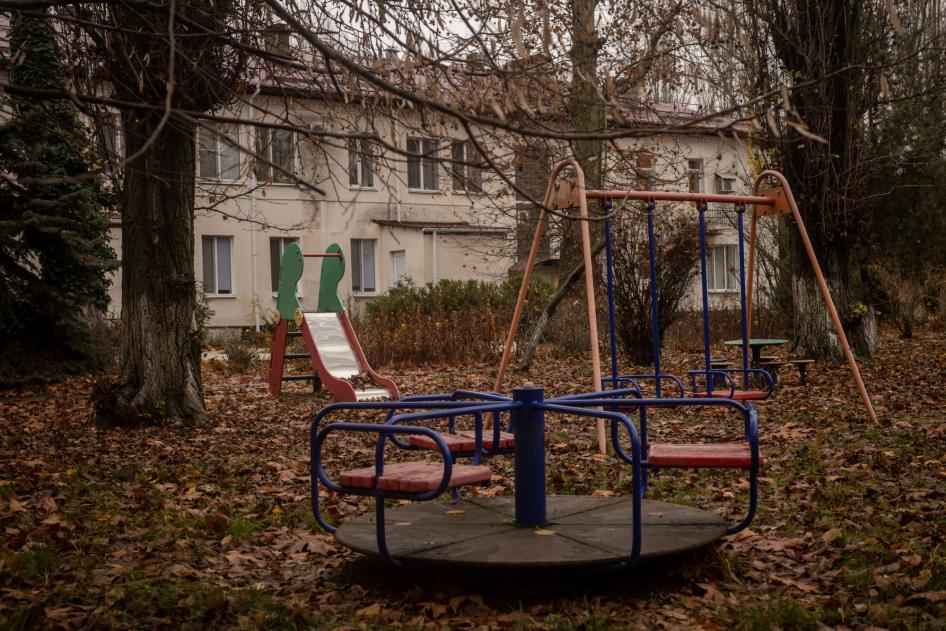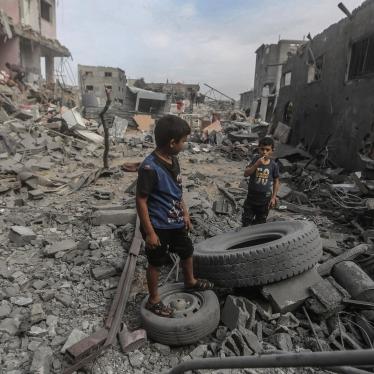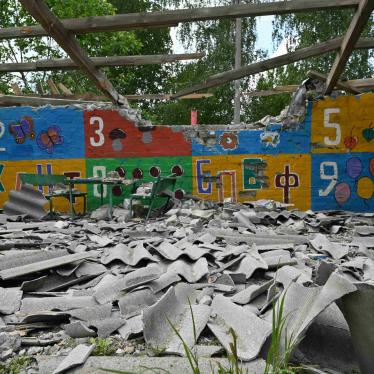Children forcibly deported in Ukraine. Boys and girls killed in Israel/Palestine. Girls raped in Darfur, in western Sudan. These and other children around the world are victims – in huge numbers – of grave international crimes.
Worldwide during wartime, children are killed, tortured, wrongfully detained, sexually assaulted, abducted, and forced into national armies and armed groups. The targeting of schools and hospitals and the unlawful blocking of humanitarian aid denies them their rights to education and health.
Few would disagree that brutality against a child is among the worst acts imaginable. But when it comes to accountability, courts, international fact-finding mechanisms, truth commissions, and other judicial and nonjudicial processes frequently place abuses against children as a lower priority. Children are seen as too fragile or too unreliable to be witnesses and their cases as too time-consuming. But when the facts are not gathered and cases not brought, child victims of war are denied the justice to which they are entitled.
This week, at the annual Assembly of States Parties of the International Criminal Court (ICC), the court’s prosecutor pledged, through a newly updated policy on children, to do more to hold perpetrators of crimes against children to account. He said this means considering children in every case, while protecting individual children’s best interests and respecting informed consent. While the court’s convictions so far include recruitment of child soldiers and using them in hostilities, rape, and sexual slavery of children, there is far more that could be done whenever children are targeted for abuse.
The ICC prosecutor’s policy on children should be a strong signal that all accountability processes should systematically incorporate the investigation and documentation of violations and crimes against children. At least two elements are needed: 1) an explicit mandate to examine what has happened to children, and 2) the necessary skills to do so in a way that ensures the investigation and prosecution protects children. This may require reprioritizing the core competencies of investigators, prosecutors, and other staff in hiring and training. A reprioritization could also address competency in disability, gender, and cases involving people of all ages. Addressing abuses against children should be everyone’s responsibility; building in specialized expertise on children in every process is also important.
In truth-telling, investigations, prosecutions, and reparations, justice for crimes against children should be front and center.










